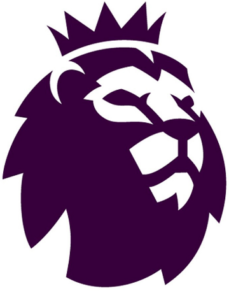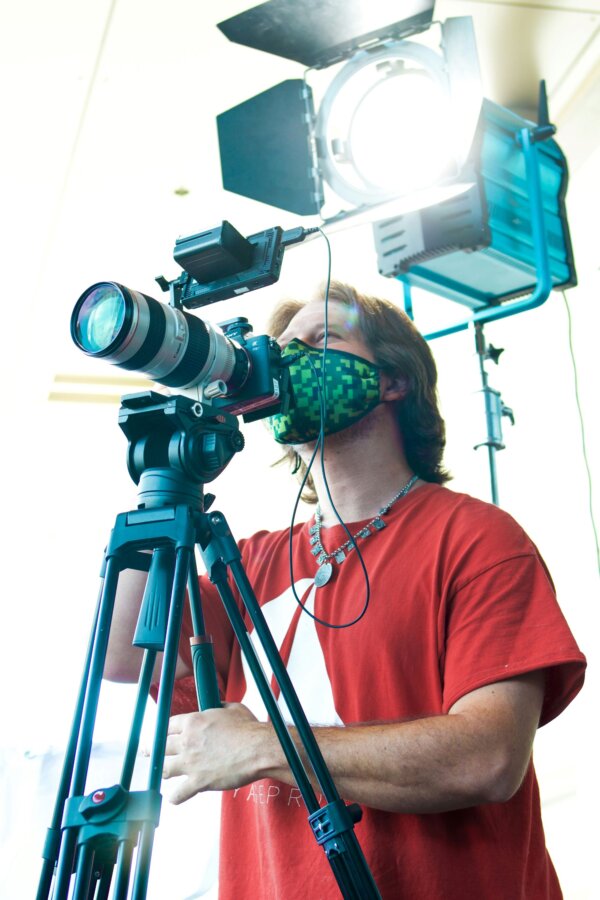Is UKIP a UK IP infringer?
October 6, 2017
Last week the UK Independence Party (or UKIP) unveiled its new logo trade mark at its annual conference…and that’s it (drum roll) above!
The mark uses the words ‘UKIP FOR THE NATION’ and a motif (or “device”) of a Lion’s head. Both the word and logo appear in UKIP’s party colours.
However, almost as soon as the mark had been revealed, comparisons were being drawn between it and famous existing trade marks.
One argument is that the mark is similar to BPP Law School’s famous brand pictured below:
Here we can see that visually the marks do have some similar elements, particularly in terms of the layout of the mark – capitalised wording on the left hand side and a lion’s head on the right hand side. The outlined shape of the lion’s head in both marks also contains arguable similarities. That said, from a visual perspective, UKIP’s mark includes more detail, particularly around the eyes, mouth and mane. The lion’s head in the BPP mark also appears head one, whereas the lion’s head in UKIP’s mark appears as a 45 degree profile. Each of these elements could arguably distinguish the marks.
That said, tribunals will take a “global assessment” when assessing similarity between trade marks, comparing the marks not just visually, but also the conceptually and phonetically, and placing an emphasis on the “dominant” elements of each mark. The key question is whether or not, after adopting a “global assessment” consumers are likely to confuse the two marks. This assessment is made not only in relation to whether or not the marks are similar, but also in relation to whether the marks are used for similar or identical goods – although this is not an absolute requirement where marks are identical and are the earlier mark is considered to have a reputation in the UK.
In our view, any case BPP would have on the basis of its mark would be challengeable by UKIP given the potential visual dissimilarities.
Does UKIP’s mark remind you of any other trade marks, though? Possibly a mark featured on our TV screens, week-in week-out, and known to consumers around the world?
Without further a-do, allow me to introduce the English Premier League lion logo:
 Many individuals on Twitter criticised UKIP’s mark for being highly visually similar to that of the English Premier League. From a legal perspective, we think they may have a point.
Many individuals on Twitter criticised UKIP’s mark for being highly visually similar to that of the English Premier League. From a legal perspective, we think they may have a point.
Although UKIP’s mark contains more visual detail around the mane, mouth and eyes, arguably the overall appearance of the marks are highly similar. This is particular the case given the 45 degree profile of the lion’s head, the visual similarity between the shape and outline of the mane and head generally, the flat-white colouration which makes up the shape of the face and the similarity between the five “pronged” crown atop the lion’s head.
As with the BPP logo, there are arguably dissimilarities however. Argument could be made that the five “pronged” crown in the English Premier League logo is just that: a crown, whereas this detail is not included in the UKIP logo as this element if replaced by tufts of hair linked to the mane, resulting in visual dissimilarity. The inclusion of more visual detail around the eyes, mouth and mane in the UKIP logo could also arguably distinguish the marks. Further, the UKIP mark clearly displays two ears whereas the English Premier League logo displays only a single ear.
The above said, the assessment of whether or not marks are similar is rarely straightforward. Arguments can be made on both sides and, if such arguments can be made and UKIP wish to keep their proposed logo, UKIP are likely to make them. In our view, there are stronger arguments for visual similarity between the marks than there are for dissimilarities, although as mentioned above this will not necessarily result in a finding of a “likelihood of consumer confusion” between the marks.
Another course of action available to the English Premier League could potentially be made out in copyright. Logos also generally benefit from copyright protection as an artistic work. Use of a “substantial” amount of a pre-existing work without the owner’s permission may therefore also amount to copyright infringement. As such, this could be another potential course of action the English Premier League could pursue.


